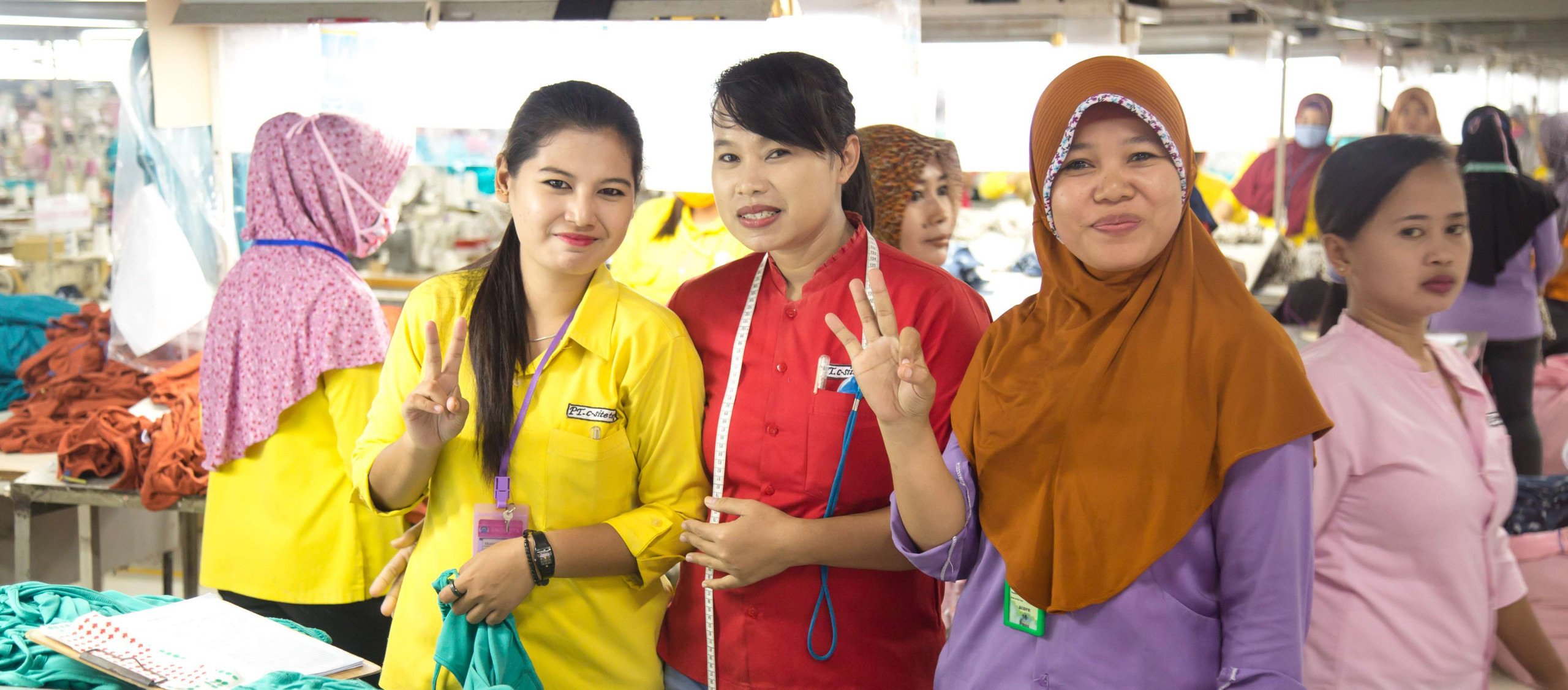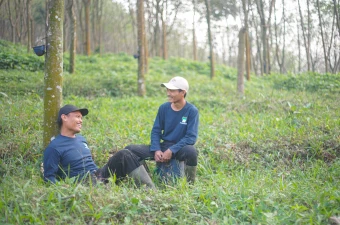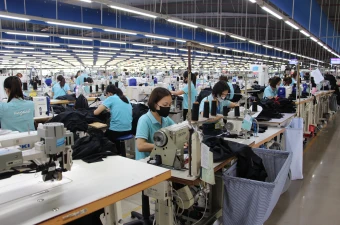Today, the ILO (International Labour Organization) adopted a new Convention on violence and harassment in the world of work. It’s a major step towards giving workers across the world the right to a workplace free of violence and intimidation.
Dutch trade unions FNV and CNV and Fair Wear Foundation have been lobbying and campaigning for years for an internationally binding treaty. Violence and harassment in the workplace is a persistent problem for many workers worldwide. Women in particular often have to deal with forms of violence and harassment in the workplace. This convention is a victory for the international trade union movement.

Kitty Jong, vice-president FNV: ‘After #Metoo, workers now get a lot of support from this treaty. Also in the Netherlands there is still a lot of work to be done to better protect employees. We want to talk to the Dutch government and employer organizations as soon as possible about how the new ILO treaty can be ratified.’
Arend van Wijngaarden, chairman of CNV Internationaal: ‘With the adoption of this new ILO treaty, workers will get a powerful tool to advocate their own rights in the workplace. This new global standard will promote the position of workers, especially women, and that is the order of the day. The ILO also demonstrates that the dialogue between countries, employers and workers remains essential and with this convention puts a crown on the 100th anniversary this year.’
Alexander Kohnstamm (executive director of Fair Wear Foundation): 'At Fair Wear Foundation we work together with our brands to create a garment industry that’s fair for all. This worldwide convention is of great importance for this sector where violence and intimidation are common. It means that ultimately all clothing brands must take action against violence in factories, in addition to the small group of precursors who are already doing that. '
The ILO treaty
The ILO is a United Nations agency that brings together governments, employer and worker organisations to set labor standards and promote decent work for all. Once an ILO Convention is passed, all ILO member states must submit the Convention to their national authority to consider ratification. States who ratify the Convention will need to ensure that their national legislation is in conformity with the Convention’s minimum standards.
In the Convention, new international agreements have been made to protect workers against violence and harassment in the world of work. Member states that ratify the treaty must prohibit violence and harassment in their national law. In many countries, this is not yet the case.
In the adopted Convention, it has been established that domestic violence has an impact on the workplace and that employers should recognize the effects and mitigate its impact in the world of work . The treaty also gives workers in the informal sector, such as domestic workers, the right to protection.
The end of a long road
In 2013, the ILO began discussions about a possible treaty on violence against women. The worldwide federation of trade unions ITUC, to which FNV and CNV are affiliated, campaigned for years for an ILO treaty. The first discussions were held during an expert meeting in 2016. One of the leading voices for a binding treaty, Catelene Passchier, then vice-president of FNV and ILO Executive Board member, led the Dutch empolyee delegation.
In 2017, the ILO presented the first contours of a treaty. Last year was the first round of negotiations during the ILO Conference. There was resistance along the way, but the lobby of FNV, CNV and Fair Wear Foundation strongly contributed to this historic treaty.
Publication date 21 06 2019


